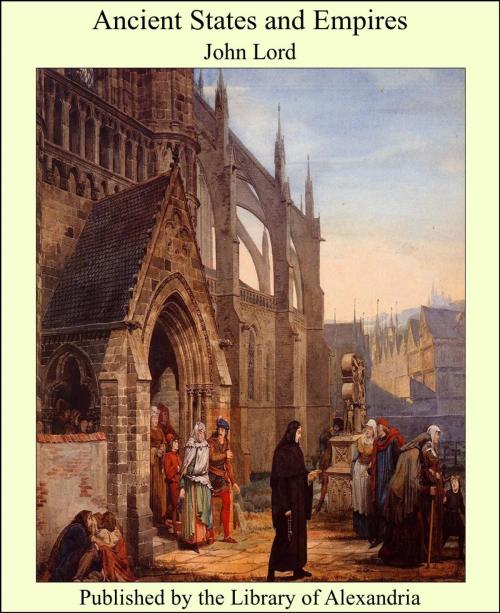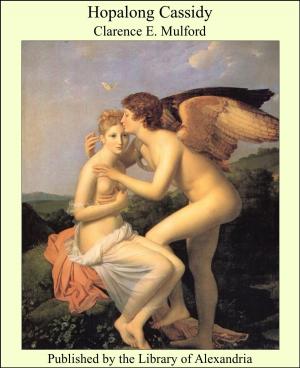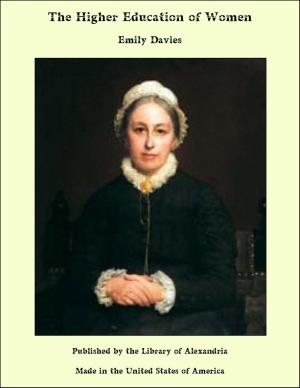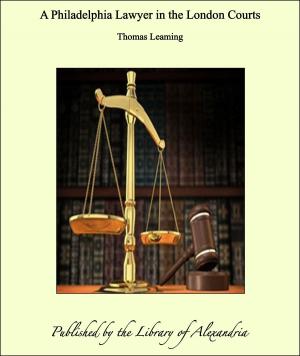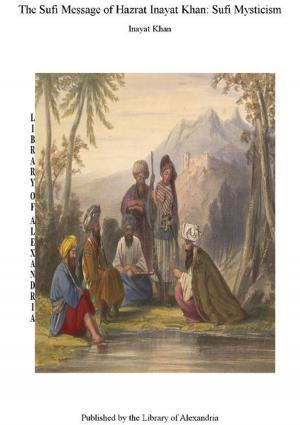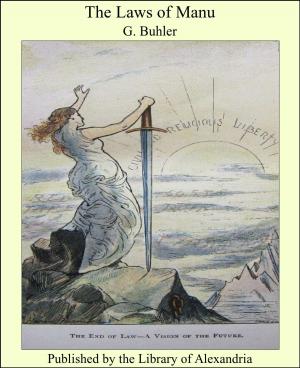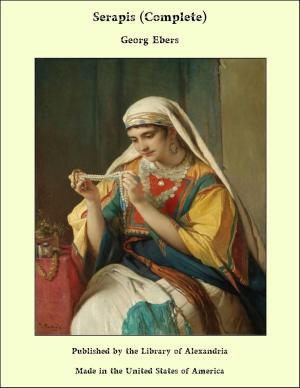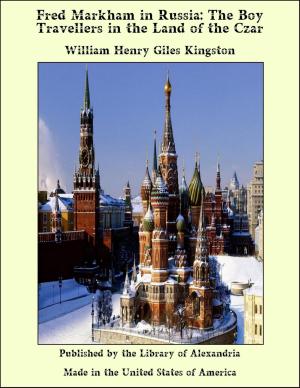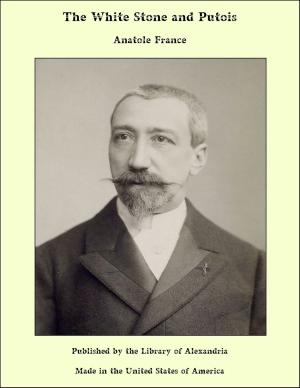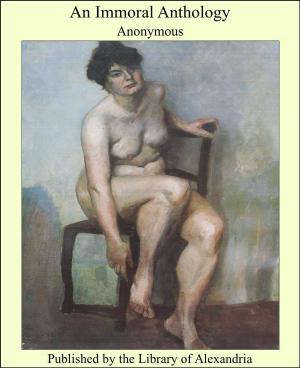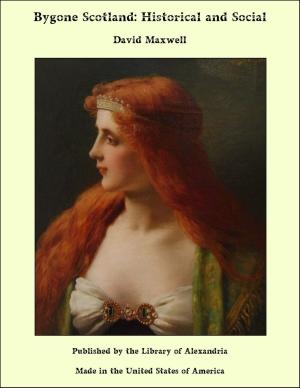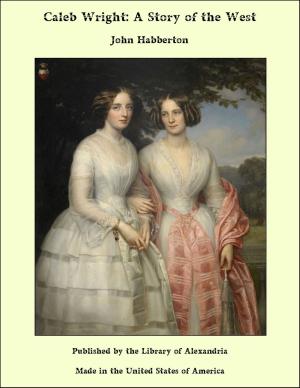Ancient States and Empires
Nonfiction, Religion & Spirituality, New Age, History, Fiction & Literature| Author: | John Lord | ISBN: | 9781465538093 |
| Publisher: | Library of Alexandria | Publication: | March 8, 2015 |
| Imprint: | Language: | English |
| Author: | John Lord |
| ISBN: | 9781465538093 |
| Publisher: | Library of Alexandria |
| Publication: | March 8, 2015 |
| Imprint: | |
| Language: | English |
This work is designed chiefly for educational purposes, since there is still felt the need of some book, which, within moderate limits, shall give a connected history of the ancient world. The author lays no claim to original investigation in so broad a field. He simply has aimed to present the salient points—the most important events and characters of four thousand years, in a connected narrative, without theories or comments, and without encumbering the book with details of comparatively little interest. Most of the ancient histories for schools, have omitted to notice those great movements to which the Scriptures refer; but these are here briefly presented, since their connection with the Oriental world is intimate and impressive, and ought not to be omitted, even on secular grounds. What is history without a Divine Providence? In the preparation of this work, the author has been contented with the last standard authorities, which he has merely simplified, abridged, and condensed, being most indebted to Rawlinson, Grote, Thirlwall, Niebuhr, Mommsen, and Merivale,—following out the general plan of Philip Smith, whose admirable digest, in three large octavos, is too extensive for schools. Although the author has felt warranted in making a free use of his materials, it will be seen that the style, arrangement, and reflections are his own. If the book prove useful, his object will be attained
This work is designed chiefly for educational purposes, since there is still felt the need of some book, which, within moderate limits, shall give a connected history of the ancient world. The author lays no claim to original investigation in so broad a field. He simply has aimed to present the salient points—the most important events and characters of four thousand years, in a connected narrative, without theories or comments, and without encumbering the book with details of comparatively little interest. Most of the ancient histories for schools, have omitted to notice those great movements to which the Scriptures refer; but these are here briefly presented, since their connection with the Oriental world is intimate and impressive, and ought not to be omitted, even on secular grounds. What is history without a Divine Providence? In the preparation of this work, the author has been contented with the last standard authorities, which he has merely simplified, abridged, and condensed, being most indebted to Rawlinson, Grote, Thirlwall, Niebuhr, Mommsen, and Merivale,—following out the general plan of Philip Smith, whose admirable digest, in three large octavos, is too extensive for schools. Although the author has felt warranted in making a free use of his materials, it will be seen that the style, arrangement, and reflections are his own. If the book prove useful, his object will be attained
